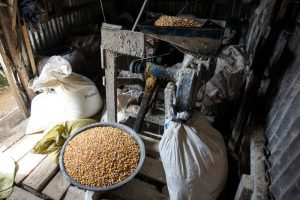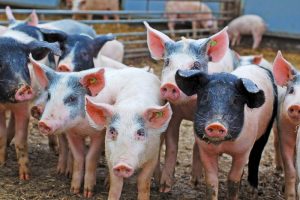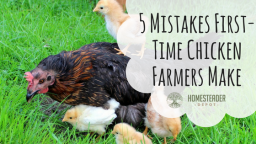Raising livestock is one of the great appeals of homesteading. If you’ve just bought your own land or have plans to, or have considered raising goats or chickens in your backyard, you should be careful not to get too far ahead of yourself.
The prospect of raising livestock is so appealing, the decision to dive into serious animal husbandry is no small consideration. Here are some important factors of making this big decision:
Space
Do you really have the room? A lot of animals need much more space than you’d think. Most animals simply won’t thrive if kept in a small cage for their entire lifetime, and that would defeat the whole purpose of raising them yourself. Whatever animal you are considering raising, make sure to look into how much space they need, and take into account whether or not you will want to expand your herd or flock one day.
Cost
Obviously, this is a big factor. Animals cost more than simply the initial set-up cost and feed. You never know when you might need to repair their dwelling, or have a surprise medical cost, unexpected babies, etc. You need to factor in not only the costs of their basic needs, but unexpected costs too. If you’re living paycheck to paycheck and have no spare income, you might not want to take on any livestock.
Local Laws
Another restriction on your animal husbandry dreams might be your local laws. You will want to look into laws pertaining to the animals you want to raise, as well as zoning laws that might restrict where you can raise them. If you plan on selling them or their products, or breeding, there are laws that might pertain to this too, so do your homework.
Unwanted Guests
Something else a lot of people don’t realize about raising animals is that they sometimes invited unwanted critters. Animals attract both pests and predators, such as fleas and vermin, as well as foxes, coyotes, wolves, possums, skunks, etc.
Free Time
Of course, probably what any seasoned farmer will tell you about livestock is they make travel, even day trips, very difficult. They require constant care, feeding, milking, egg collection, being let out to pasture, etc. They don’t have holidays or weekends off! You will need to arrange reliable, knowledgeable care for your animals if you go out of town.
When successfully raising animals, it’s important to simply be around your animals a lot. You need to be able to observe them frequently, so you know if they are knocking over their water dish, or getting caught in fencing, trying to get out, possibly feeling sick, etc.
Raising animals is a big responsibility, but don’t let this info scare you off! Proper planning and management can take you far, and if you’re up for the task, it can be incredibly rewarding. Just make sure to have your bases covered before you commit!
If you enjoyed this, you might also like….
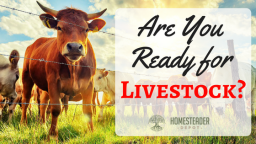
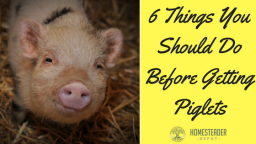
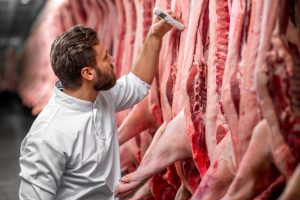
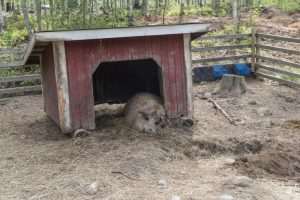 .
.